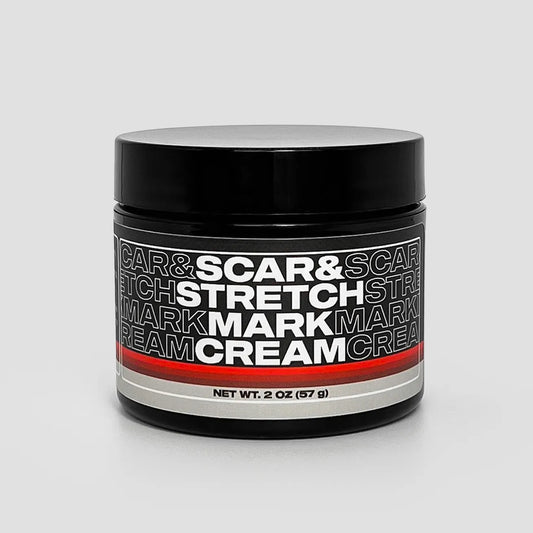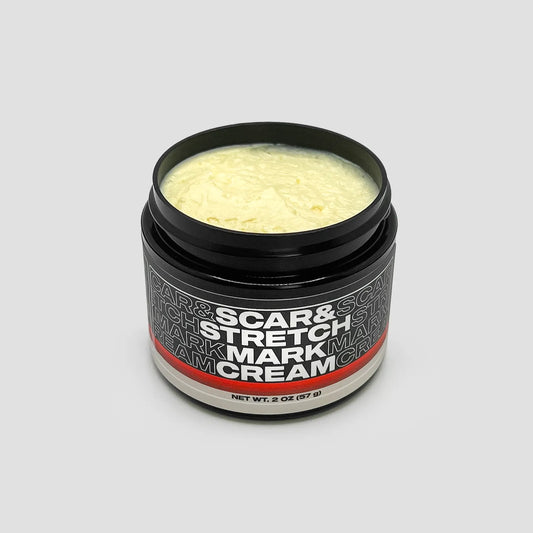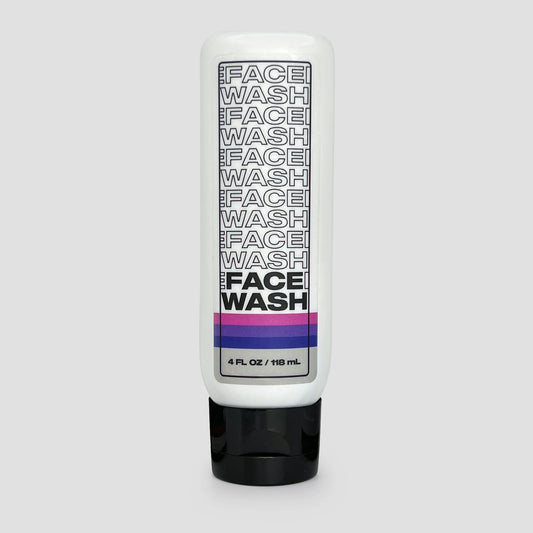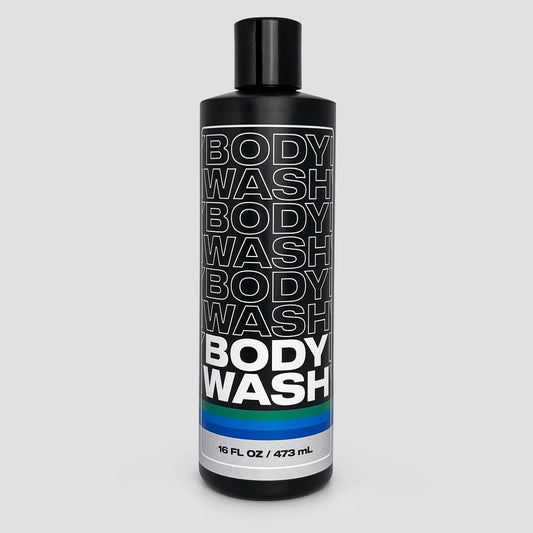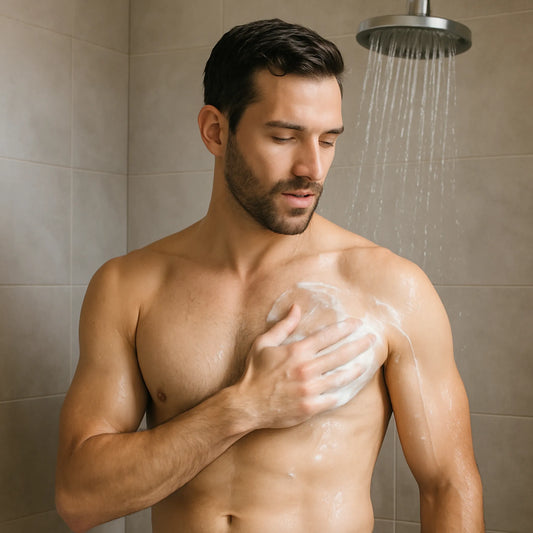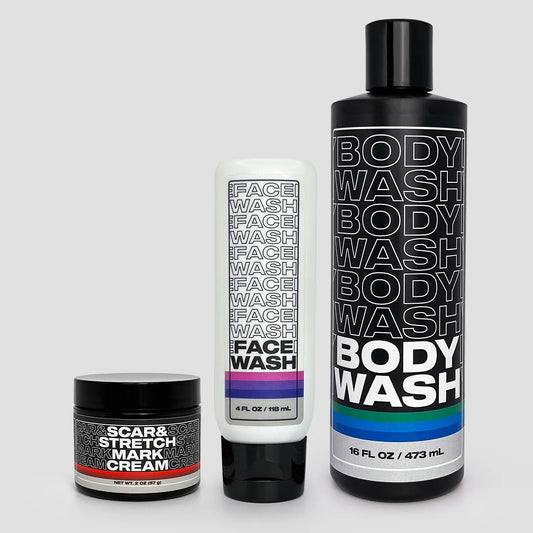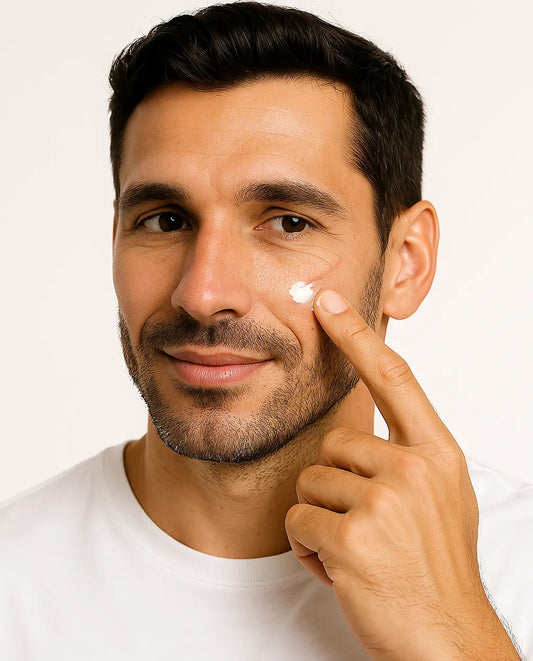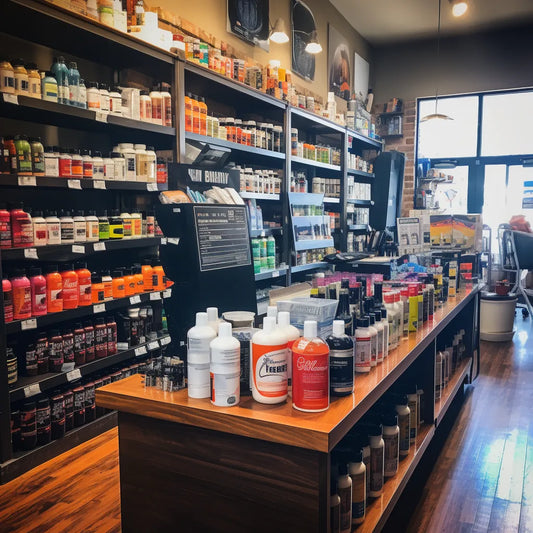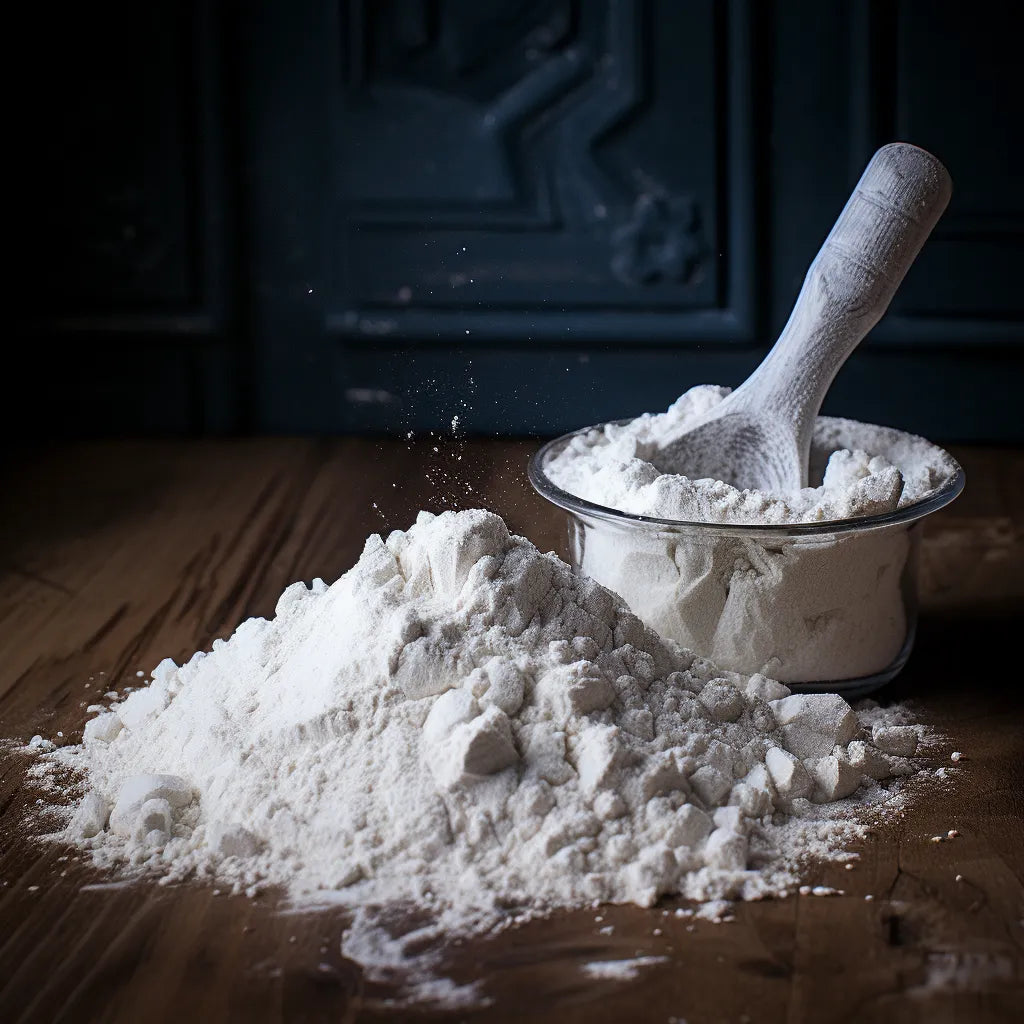
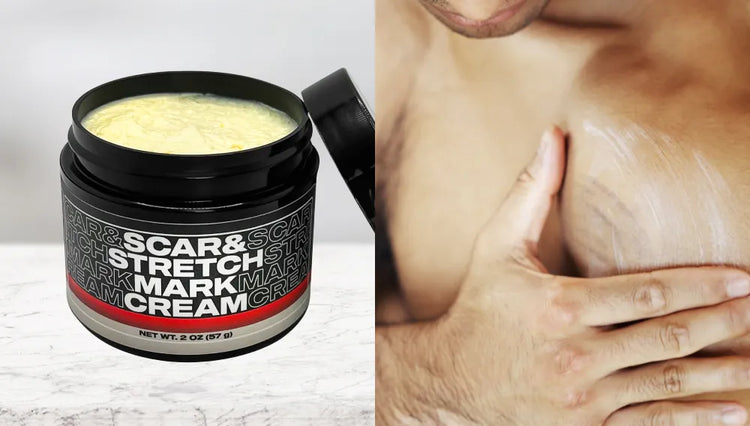
Ever slugged down a post-workout drink and wondered just what those ingredients are doing to your body? If you're a fitness enthusiast, chances are you've heard of creatine. But alongside its fame run rumors and myths, one of the most enduring being that creatine makes you hold water.
The question isn't a trivial one; water retention can affect your body in various ways, from your skin’s appearance to your workout performance. As a brand dedicated to enhancing the self-image and confidence of athletes, we think it's time to dive deep into this subject.
In this blog post, we will unravel the truth about creatine and water retention. We'll capture insights from scientific research, shed light on the processes involved, and finally put to rest the question, 'does creatine make you hold water?’.
Join us as we reveal the truth behind this fitness myth. Get ready for a narrative that not only corrects misinformation but also helps you optimize your workout routine, physique, and general wellbeing.
What exactly is creatine?
Creatine is an amino acid naturally produced by your body, primarily in the liver, kidneys, and pancreas. It plays a crucial role in energy production, especially in high-intensity short-duration exercises, such as weightlifting or sprinting. Many athletes turn to creatine supplements to increase their stores of this compound and thereby improve their athletic performance. You can read more about creatine on the National Library of Medicine website.
How does creatine cause water retention?
One of creatine's primary roles is to help regenerate a molecule called adenosine triphosphate (ATP), your body's main source of energy. When creatine stores in your muscles rise, as a result of supplementing with it, your body retains more water. This process, known as cell volumization, can give your muscles a slightly larger, fuller appearance. However, this type of water retention is largely localized to your muscles and does not lead to general bloating or puffiness.
How-To: Dealing with Water Retention
Whether or not you are consuming creatine, water retention can sometimes be bothersome. Follow these steps to keep your skin firm and your body functioning at its peak.
1. Stay Hydrated
Ironically, not drinking enough water can cause your body to hold onto more of it, leading to bloating. By staying well-hydrated, you can ensure that your body is working efficiently to expel the fluids it doesn’t need.
2. Limit Salt Intake
Consuming too much salt can cause your body to hold onto more water. Try to limit your sodium intake by avoiding processed foods and condiments that are high in salt.
3. Fit in Regular Exercise
Exercise naturally reduces water retention by increasing sweat production and encouraging fluid balance in your body.
Does the water retention from creatine impact my physical appearance?
The increased water content in your muscles can make them appear slightly larger. This effect is usually subtle and will reduce once you stop supplementing with creatine. However, this water retention does not cause generalized bloating or puffiness.
Is the use of creatine safe?
According to the Mayo Clinic, creatine is likely safe to take for up to five years. However, the safety of creatine for long-term use isn't known. It's always recommended to consult with a healthcare professional before starting any new supplement regimen.
Unlocking the Power of Creatine - What You've Learned
When it comes to creatine and water retention, the facts are clear. Yes, creatine does cause your muscles to retain water, but this is far removed from the sort of generalized water retention that leads to bloating or puffiness. Instead, creatine-enhanced water retention might simply give your muscles a fuller look.
Key Takeaways
- Creatine helps your body produce energy, particularly during intensive workouts.
- Creatine can cause your muscles to retain water, giving them a fuller appearance.
- This form of water retention doesn't result in generalized bloating or puffiness.
Continue your journey of self-improvement by understanding the science behind the supplements you take. Remember, knowledge is power, and with power comes the freedom to make the most of your workouts.
